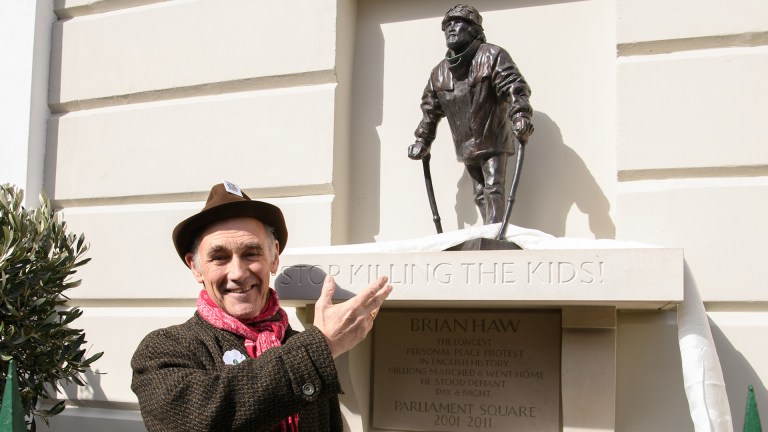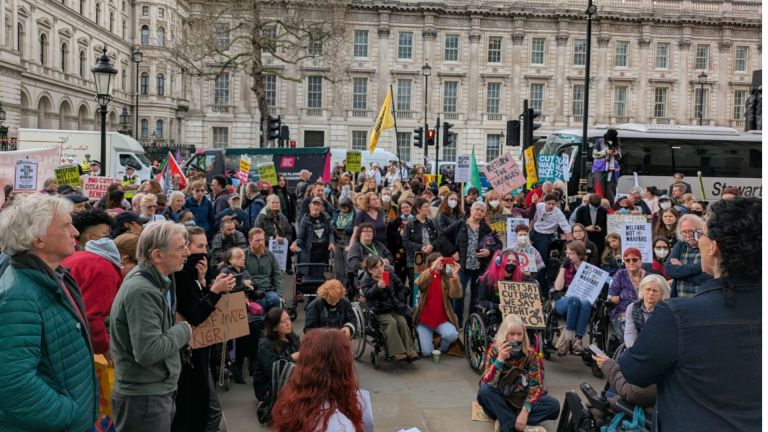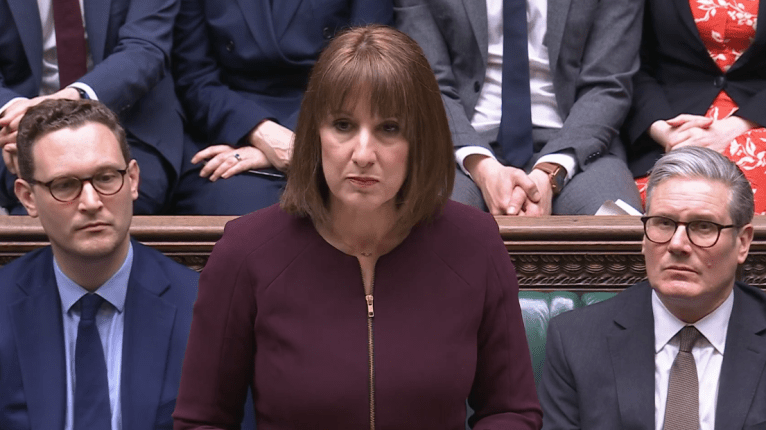I was asked by a journalist last week to describe the biggest change in my life. I wracked my brain and had to come up with something dynamic. So I decided to alight on the dynamic of shopping.
When we entered Europe in 1973 at the behest of a majority of MPs and led by Prime Minister Edward Heath I lived in a shared house in Paddington Green. I was a printer. I had begun to turn my life around. My wages were £23 per week. If you went into one of the then-smaller supermarkets you might encounter 30 different cheeses. Or maybe 20 different kinds of wines.
This was an increase and change from the mid 1960s when if you went into most restaurants and asked for wine the toss-up was between red and white. And there were even fewer supermarkets of modest size, and even fewer cheeses.
Now in my local supermarket there are hundreds of bottles of wine to choose from, and hundreds of cheeses. Things that didn’t exist, the range in choice from toilet paper to toilet cleaners to breakfast cereals has quadrupled; we are now living in a different, hot, heated up, over-geared economy. A globalised economy.
The year 1973 was a bad time for US international policy and they were suffering the humiliation of having thrown the biggest amount of bombs and bullets at any one country – North Vietnam – they were about to be finally forced to leave South Vietnam.
It would be better if we had another war in order to enable us to reinvent new means of business and trade that will enrich us all. A war on poverty.
This was followed by the largest expansion of consumer goods, the arrival of the American high street out into the world – McDonald’s from wall to wall – and the growth of debt.










